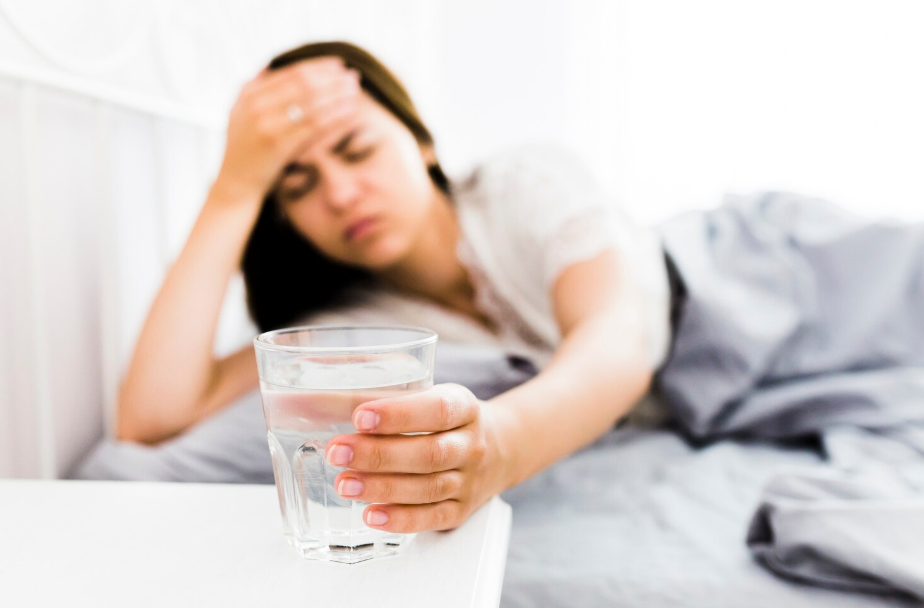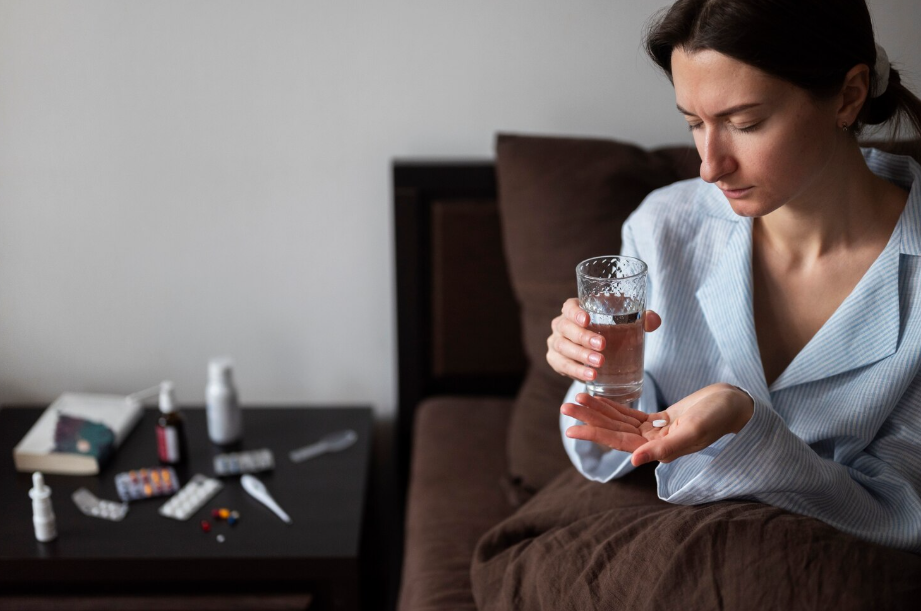
An effective drug detox program and inpatient alcohol rehab typically last between 28 and 90 days, depending on your specific needs. This guide breaks down what happens during each stage of treatment and recovery. You'll learn about the intake process, detox phase, therapy sessions, and planning for life after rehab. Each step builds on the previous one to help you achieve lasting sobriety. Understanding this timeline can help you prepare for what lies ahead in your recovery process.
Intake Assessment
When you arrive at an inpatient alcohol rehab facility, the staff will review your medical history and drinking patterns. This evaluation helps create a personalized treatment plan tailored to your specific situation. The team looks at your health, addiction history, and personal goals for recovery. This information guides which treatments and therapies will work best for you. The intake process usually takes a few hours and sets the foundation for your entire treatment experience.
Detoxification Phase
Detox is the first medical step where your body clears alcohol from your system. Medical staff will monitor you closely during this time to ensure your safety and comfort. You might experience withdrawal symptoms like shaking, sweating, or feeling anxious. These symptoms are temporary and can be managed with proper medical care. This phase typically lasts 3 to 7 days, depending on how much and how long you've been drinking.
Therapeutic Treatment
Treatment includes different types of therapy to address why you started drinking heavily. Evidence-based therapies help you understand your triggers and develop healthy coping skills. Group therapy allows you to connect with others who face similar challenges. Cognitive-behavioral therapy teaches you to change harmful thought patterns. These treatments work together to heal both your mind and body during the recovery process.
Individual Counseling
One-on-one counseling sessions give you private time with a therapist. These meetings let you discuss personal issues that led to your drinking problem. Your counselor helps you set recovery goals and identify warning signs of relapse. You'll learn new ways to handle stress and difficult emotions without alcohol. Individual counseling typically happens 1-3 times per week throughout your stay.
Group Therapy Sessions
Group therapy brings together people at different stages of recovery. These sessions create a supportive community where you can share experiences safely. Led by trained therapists, groups teach communication skills and healthy relationships. You'll hear different perspectives and learn new coping strategies from other participants. Group therapy happens almost daily and helps reduce feelings of isolation during treatment.
Aftercare Planning
Before leaving rehab, your treatment team creates a plan for ongoing support and care. This plan might include outpatient therapy, support group meetings, or medication management. The team helps you identify local resources and continuing care options in your area. They also work with you to plan for potential challenges you might face at home. Effective aftercare planning significantly increases your chances of maintaining long-term sobriety.
Other Articles:



